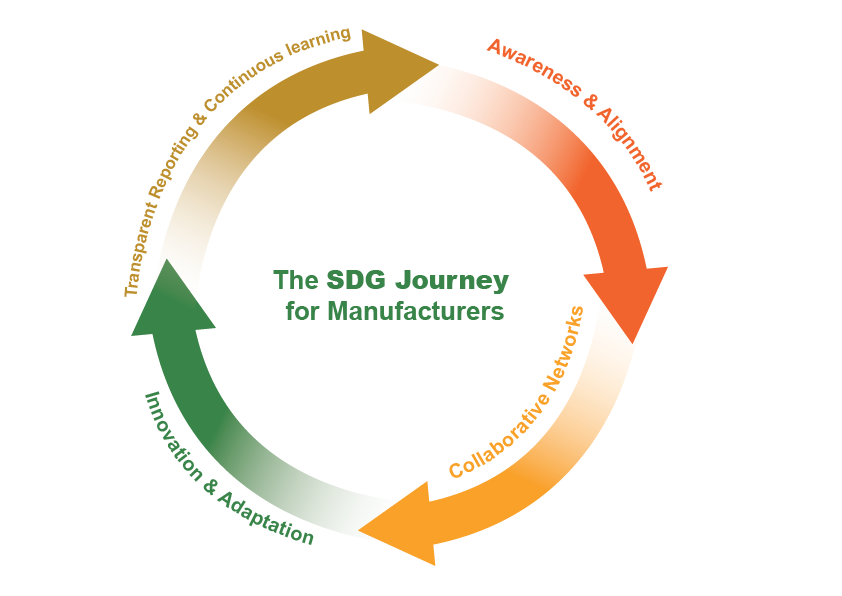
Navigating the Tide of Change: SDGs as a Beacon for Climate Action in the Netherlands

In the face of climate change, the Sustainable Development Goals (SDGs) serve as a critical roadmap, guiding the Netherlands and the global community towards a sustainable and resilient future. By recognizing the urgency of climate action, the SDGs highlight the importance of combating climate change, the implications for companies and stakeholders in the Netherlands, and provide actionable steps for adopting positive change.
The Critical Intersection: SDGs and Climate Action
The SDGs, in particular Climate Action (SDG 13), Life Below Water (SDG 14), and Life on Land (SDG 15), directly address important climate policy. In a low-lying country like the Netherlands, the threat of rising sea levels and extreme weather events makes climate action a necessity. Adopting these goals implies a commitment to alternative solutions such as the transition to renewable energy, resource conservation practices, and climate education, which will enable the Netherlands to remain a leader in climate resilience.
Corporate Conscience: Tailoring the SDGs for the Manufacturing Industry
The sector-specific application of SDGs involves a keen focus on Responsible Consumption and Production (SDG 12), Industry, Innovation, and Infrastructure (SDG 9), and Climate Action (SDG 13), among others. Embracing these goals enables manufacturers to address critical operational challenges, such as resource efficiency, waste reduction, and sustainable supply chain management. It paves the way for adopting circularity, driving technological advancements, and improving supply chains. In a world where stakeholders, from consumers to investors, are increasingly valuing sustainability, the commitment to SDGs helps attract ethical investments, enhance brand reputation, and establish a competitive stance in both domestic and international markets. As the industry navigates through the complexities of sustainability, the SDGs serve not just as a compliance framework but as a catalyst for innovation, operational excellence, and market differentiation.
First Steps on the SDG Journey

- Awareness and Alignment: Begin by understanding the SDGs, focusing on goals most pertinent to your company, especially those addressing climate action. For businesses, this means integrating SDG-aligned strategies into core operations, product development, and corporate governance.
- Collaborative Networks: Forge partnerships with government bodies, industry peers, and research-driven organisations. The complex challenges encapsulated in the SDGs, particularly those related to climate change, require collective wisdom and collaborative action.
- Innovation and Adaptation: Leverage technology and innovation to drive sustainable solutions. From green tech to circular economy models, from LCA’s to Carbon Foot printing, the avenues for SDG-aligned innovation are boundless.
- Transparent Reporting and Continuous Learning: Adopt a framework for regular reporting on SDG progress, making your journey transparent to stakeholders. Embrace a culture of continuous learning and improvement, adjusting strategies in response to emerging challenges and insights.
The SDGs offer a blueprint for action, but it’s the collective resolve and proactive steps of individuals, companies, and policymakers that will solidify these goals into tangible outcomes. As the Netherlands navigates the complexities of climate change and sustainability, the SDGs stand as a testament to our shared responsibility and the profound impact we can achieve through united action. The journey toward a sustainable future is both a challenge and an opportunity – a chance to reimagine, rebuild, and revive our world for generations to come. Let’s embrace this journey with the SDGs as our guiding star.
Do you want to know how sustainability can be incorporated into your organisation? Contact us!
